Unlocking the Art of Refinement: Developing Your Wine Tasting Palate
Appreciating wine goes far beyond sipping a glass. It’s a sensory experience that delves into the subtleties of flavor, aroma, and texture. Developing your wine-tasting palate is an enriching journey that can heighten your understanding and enjoyment of this ancient elixir. Here are some steps to enhance your wine-tasting skills.
Start with the Basics
Begin your journey by familiarizing yourself with the fundamentals. Learn about the different types of wine, their grape varieties, regions, and production methods. Understand the primary categories—red, white, rosé, sparkling, and dessert wines. This basic knowledge will provide a foundation to build your tasting skills.
Engage Your Senses
Wine tasting is a multi-sensory experience. Start by observing the wine’s appearance. Note its color, clarity, and viscosity. Swirl the wine in the glass to radiate its aromas. Smell the wine and identify the various scents—fruity, floral, herbal, earthy, or spicy notes.
Taste and Analyze
Take a small sip and let it linger in your mouth. Consider the wine’s taste, body, acidity, sweetness, tannins (for red wines), and finish. Is it bold or subtle? Is it acidic or mellow? Try to discern the various flavors and how they evolve on your palate. Does it have a long or short finish? Pay attention to the wine’s aftertaste.
Comparison Tastings
Expand your palate by conducting comparative tastings. Try different wines side by side. Compare a range of whites or reds to understand the nuances. Note the differences in aromas, flavors, and textures. This exercise will train your taste buds to discern subtleties and contrasts.
Take Notes
Keep a wine-tasting journal. Document your experiences with different wines. Note the grape variety, region, year, and your observations. This will help you follow your progress, remember wines you enjoyed, and recognize patterns in your preferences.
Seek Guidance and Experiment
Attend wine tastings, take courses, and engage with experts. Listen to their insights and ask questions. Don’t shy away from trying unfamiliar wines. Exploring new varieties and regions is an excellent way to expand your palate.
Practice Regularly
Developing your wine-tasting palate takes time and practice. Regularly tasting different wines, even in small quantities, can significantly improve your abilities. The more you taste, the more you refine your palate.
Conclusion
Enhancing your wine-tasting palate is an ongoing journey of exploration and refinement. Engaging your senses, analyzing flavors, and expanding your knowledge will deepen your appreciation of the complex world of wines. So, grab a glass, embark on this delightful journey, and savor every sip as you develop your wine-tasting palate.
Developing a refined wine-tasting palate is an ongoing journey that requires patience, practice, and a curious palate. Embrace the diversity of wines and continue exploring to expand your understanding and enjoyment of this intricate beverage.

